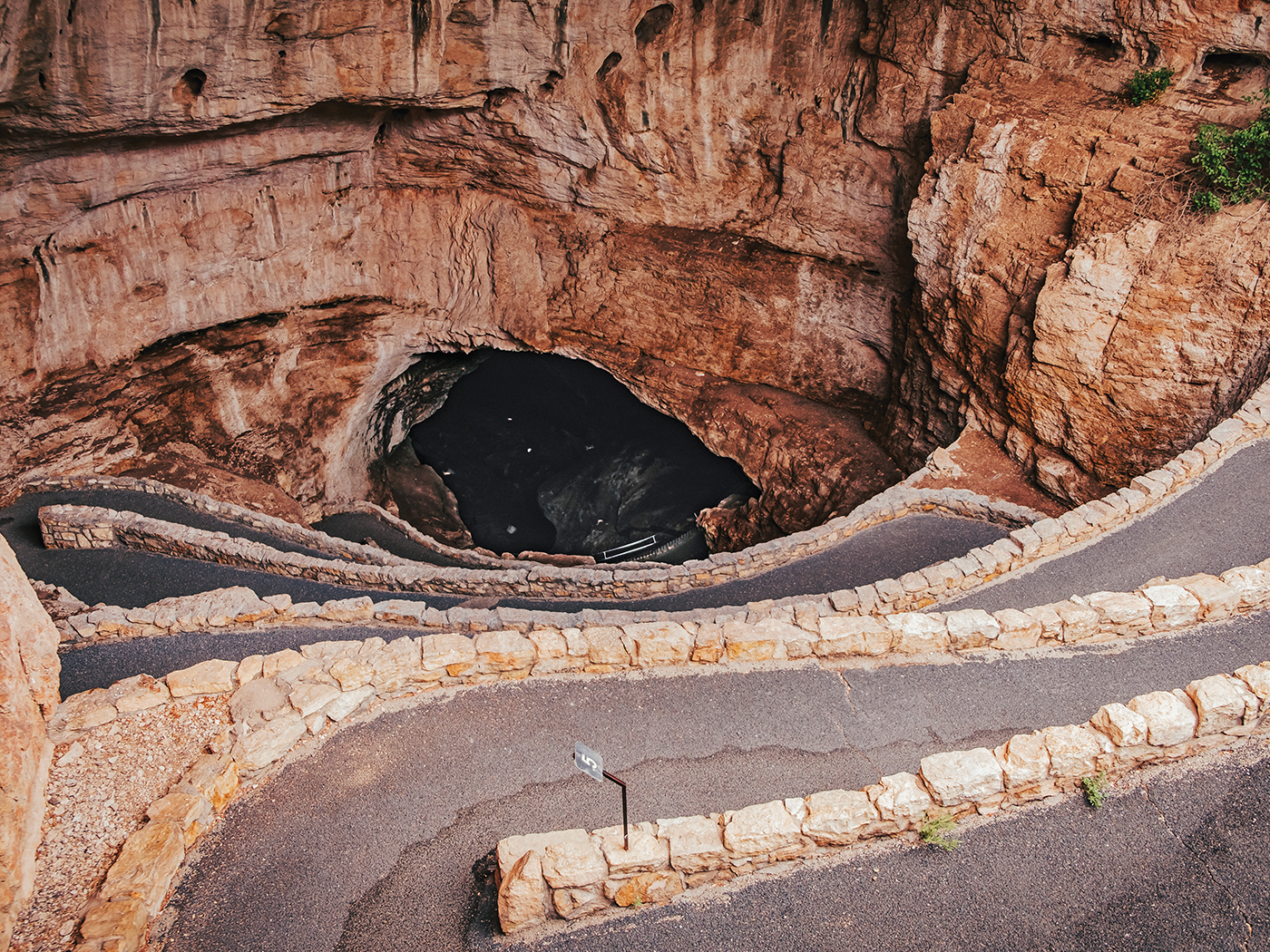Search Tools
New Defender's Study Bible Notes
2:7 Herod. Herod, sometimes called Herod the Great, was the son of Antipater, a part-Jew of Edomite descent. He was the procurator of Judaea from 47 B.C. until he died in 4 B.C., soon after the flight of Joseph and Mary with the infant Jesus into Egypt (Matthew 2:19). This indicates, of course, that Christ must have been born in 4 B.C. or earlier.
2:7 the star appeared. Evidently, the star had appeared to the wise men only while they were still “in the east” (Matthew 2:2). Even though they probably knew (from Micah 5:2) that He would be born in Bethlehem (a village six miles away from Jerusalem), they would naturally travel first to Jerusalem as a courtesy to the king. They would also assume that the arrival of the long-awaited King would be an occasion for rejoicing, and by the time they could complete their long pilgrimage from Persia, He would surely have been brought to the capital to be worshiped by His people. How wrong they were about that!
2:10 saw the star. Apparently, the wise men had only seen the star “in the east.” However, as they left Herod to go to Bethlehem, they suddenly saw at again, and rejoiced, for it was standing directly over Bethlehem. During the intervening months, it had been hidden from view, probably because the constellation of which it was a part was in the daytime sky during those months. But now it once again appeared in the evening sky, and from where they stood outside Herod’s palace, the star appeared straight ahead above Bethlehem. This must be the sense in which it “stood over where the young child was.” Not even the special light that many have assumed to be the “star” could have been close enough to the ground to pinpoint a particular house. Bethlehem was a small village, however, and it would be easy enough once they were there to ascertain where the babe was.
2:11 the house. The overcrowded situation, which existed in Bethlehem when Mary and Joseph arrived there, was well dissipated, with the tax registration finished. The family had now found a suitable house to live in, instead of the manger where Christ was born, or the inn where they had first sought lodging (Luke 2:7). It had been many months since His birth, possibly almost two years. Herod, after inquiring “diligently what time the star appeared” to the wise men, ordered all the young children in and around Bethlehem up to two years of age to be slain (Matthew 2:7,16).
2:11 worshipped him. As great as they were in the eyes of men, these wise men knew that this babe was greater—even “God with us”—and so fell down before Him.
2:11 gifts. These Magi, correctly recognizing the special witness of “His star” (Matthew 2:2) fulfilled the prophecy of Isaiah 60:3, which foretold that “Gentiles shall come to thy light, and kings to the brightness of thy rising.” In Persian society, the Magi were honored as royalty, and they brought gifts appropriate for another King. The fact that they brought three gifts—gold, indicating Christ’s future reign; frankincense, indicating His priestly intercession for them, and myrrh, indicating His coming death for them—has given rise to the tradition that there were just three wise men, but there may well have been many more.






